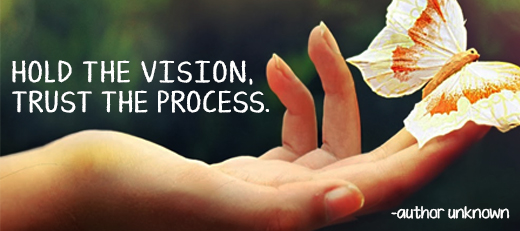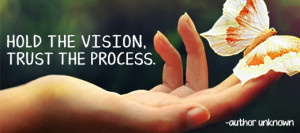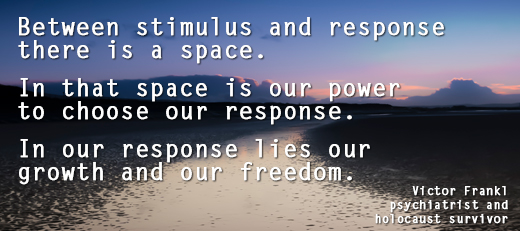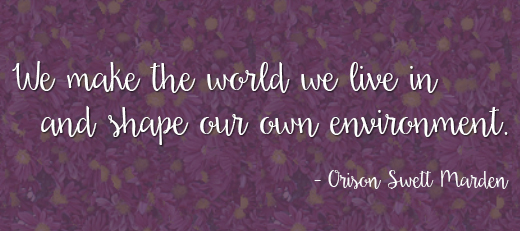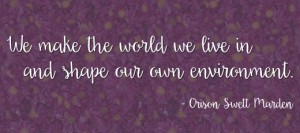
Presence In Your Moments??
Mindfulness..what is all the hype about?
I’ll bet the men in your life are pretty in awe of your ability to multitask…
Writing up shopping lists. Helping your daughter through her latest heartbreak. Running a Fortune 500…
(Okay, very few of us are in the last bracket. But you get the picture…)
For years we’ve been in a constant state of flux. GO GO GO!
And now? Maybe it’s just me but in line at the supermarket, all the headlines I see on Elle or Cosmo are… telling me to slow down.
Train Your Mind, Transform Your Life.
3 Secrets To Mindful Eating.
Mindful Menstruation: Here’s How It Works
Huh?! Well, at least I don’t need to worry about the last one… 😉
Seriously ladies, this change in tempo? It’s kind of comical… But such an important piece for our wellbeing.
That’s why, this month I’m tackling the subject of Mindfulness. What it is…
And why you don’t have to be a yogi master to practice it…
So, let’s start at the top. What is Mindfulness?
By definition, mindfulness is a quality of being present and fully engaged with whatever we’re doing at the moment. Free from distraction or judgment, and aware of our thoughts and feelings without getting caught up in them.
And there are sooo many different ways to practice it…
Meditation is the formal mindfulness practice you’re probably aware of. In fact I’d even go so far as to say, it’s a superpower.
Slowing your brain has been shown to thicken the pre-frontal cortex, managing higher order brain function. In other words, it increases your awareness, concentration, and decision making…
Which in turn, plays an important role in our emotional regulation, and helps us to create a pause so we’re not hijacked by our emotions—and less reactive in this crazy stressful world we’re living in.
(Plus, studies show how we can lose up to 10 IQ points and close to 2 hours in a day to daily distractions! Crazy, right?)
Informal mindfulness on the other hand, is where we consciously bring a quality of attunement, attention and awareness to all areas of our life. Whether that be with a conversation with our child or friend, driving in the car, or just savouring the taste of a good meal.
The truth is, you don’t have to be a blissed out guru to feel the benefits of mindfulness in your everyday life…
And if the thought of meditation feels a little alien or overwhelming, you’re not alone…
(In fact, when I started practicing I literally had a piece of paper on the floor in my office—that I had to step over—that would remind me to meditate!)
Because here’s the secret… let the habit grow organically. Ease, mindfulness into your life, so you can feel the benefits and it becomes second nature to you.
So, here’s a sneak peek at my 7 day Informal Mindfulness Challenge:
- Pick at least one typical daily activity per day. It may be brushing your teeth, getting dressed in the morning, walking your dog, eating a meal, walking to the mailbox…
- Take a few mindful deep breaths. Take note of what is happening for you right in the here and now as you move into the activity.
- Proceed with the activity as if it is the most important thing in the world, with great curiosity and care.
- As you do the activity tune into all your senses. What do you see, hear, smell, feel tactilely?
- Just do this one thing, no multi-tasking, only single tasking here. Instead of trying to just get it done quickly so you can move on to something else, invest 100% of your effort on that chosen activity. And as best you can keep your full attention on what you’re doing.
Every time your mind wanders off, simply notice, do not judge it or yourself for wandering off (this is NORMAL) and just simply return your attention back to your breath and the activity.
Keep returning to the present moment over and over again even if it seems like it’s your 100th time. Some find it helpful to say a few guided words silently to themselves, for example:
‘I am now talking to my daughter…’
‘The water feels hot on my skin as I am washing the dishes…’
‘The air is cold as I walk to the mailbox…’
The more you do this. The more you become aware of your surroundings, what you’re feeling, tasting and touching, the more you’ll notice something remarkable…
It seeps into everything you do. The more you’ll stop and be in the moment.
Since I started this practice I’ve become SO much more present in my relationships. With my husband. With my children.
Because ladies, ask yourself this…
Don’t you deserve to be more present in your life? Don’t you deserve to simply enjoy yourself, stop and smell the roses? Like, if not now, when?!
FACT: No-one ever laid on their deathbed, and felt proud because they’d ticked off everything on their to-do list…
No, you want to be able to say: I was present…
For my conversations with my son.
For walking the dogs. Traveling. Exploring the world. Swimming in the ocean.
I think you owe yourself that much.
XO
Holly
P.S. Any Mindfulness practice can feel overwhelming when we start. Remember, it’s okay if your mind wanders—so long as you bring it back! I’d love to hear how you get on. Hit reply and let me know…

